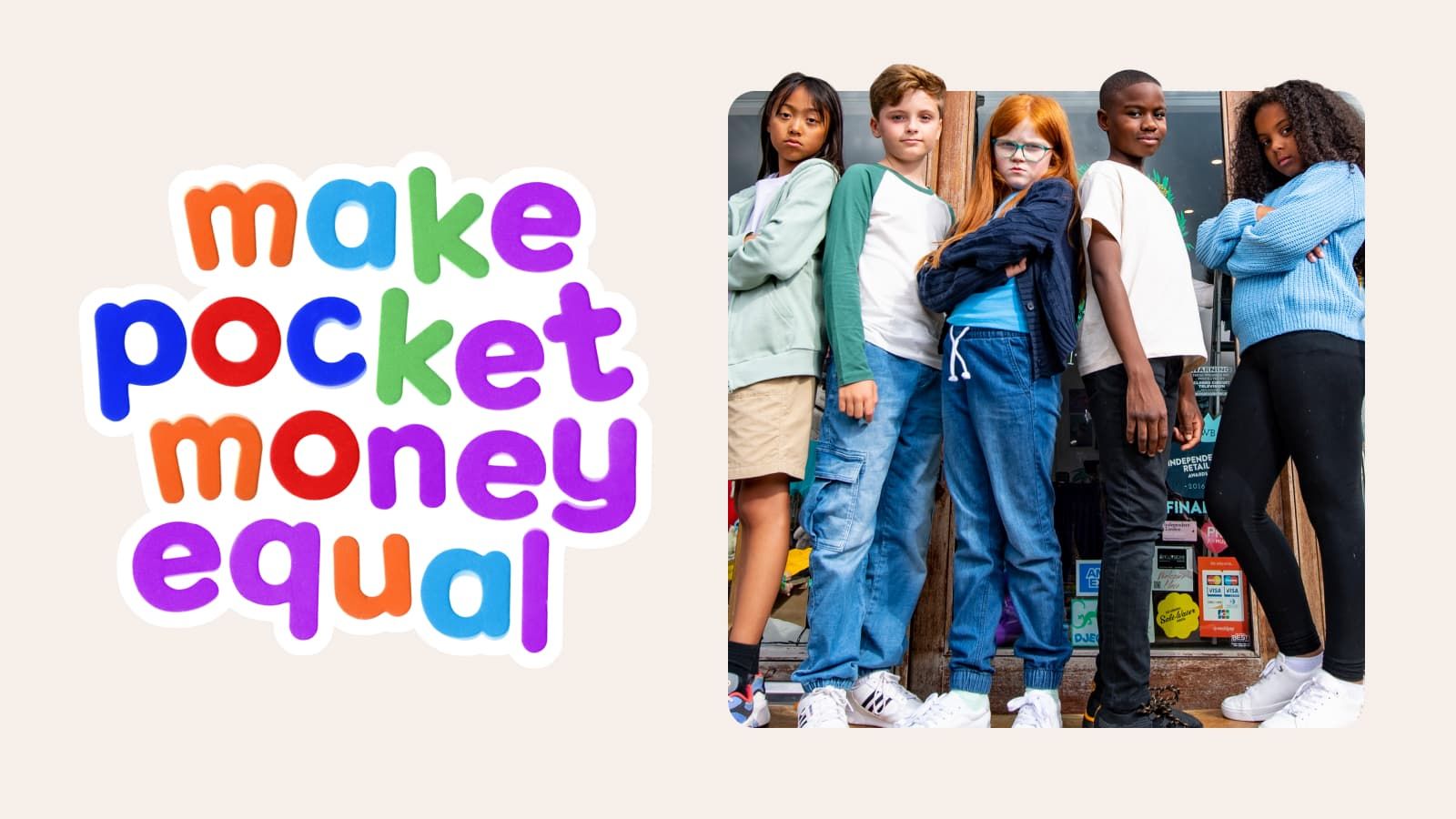Financial literacy is an essential life skill that the Organisation for Economic Co-operation and Development (OECD) advises children to learn as early as possible.1
Because financial literacy isn’t on the curriculum in primary schools in England, childrens’ financial education often begins at home, whether that’s with parents, family members or friends. It could be through talking to children about how money works, giving children pocket money of their own, or children watching adults around them do the weekly foodshop and manage household bills.
As financial education isn’t standardised from a young age, the learning experience that children receive can differ greatly. What if this disproportionately affects their attitudes and money management skills throughout their lives?
Starling Bank wanted to explore this question further and enlisted the help of Loughborough University. Together, we spoke to more than 4,000 parents to understand how financial education differs for children and whether this affects the development of their financial literacy skills.
The Play Gap
We discovered that children are off to an unequal start when it comes to money, with the biggest differences systemically occurring between boys and girls.
According to our research, boys earn 20% more pocket money than girls, with boys earning £3.00 a week on average compared to girls’ £2.50. In addition to this, products marketed at girls cost 5% more.
This combination of lower pay and higher prices results in reduced purchasing power for girls. We’re calling this ‘The Play Gap’ – a precursor to the Gender Pay Gap many of us have heard of and experienced in adulthood.

